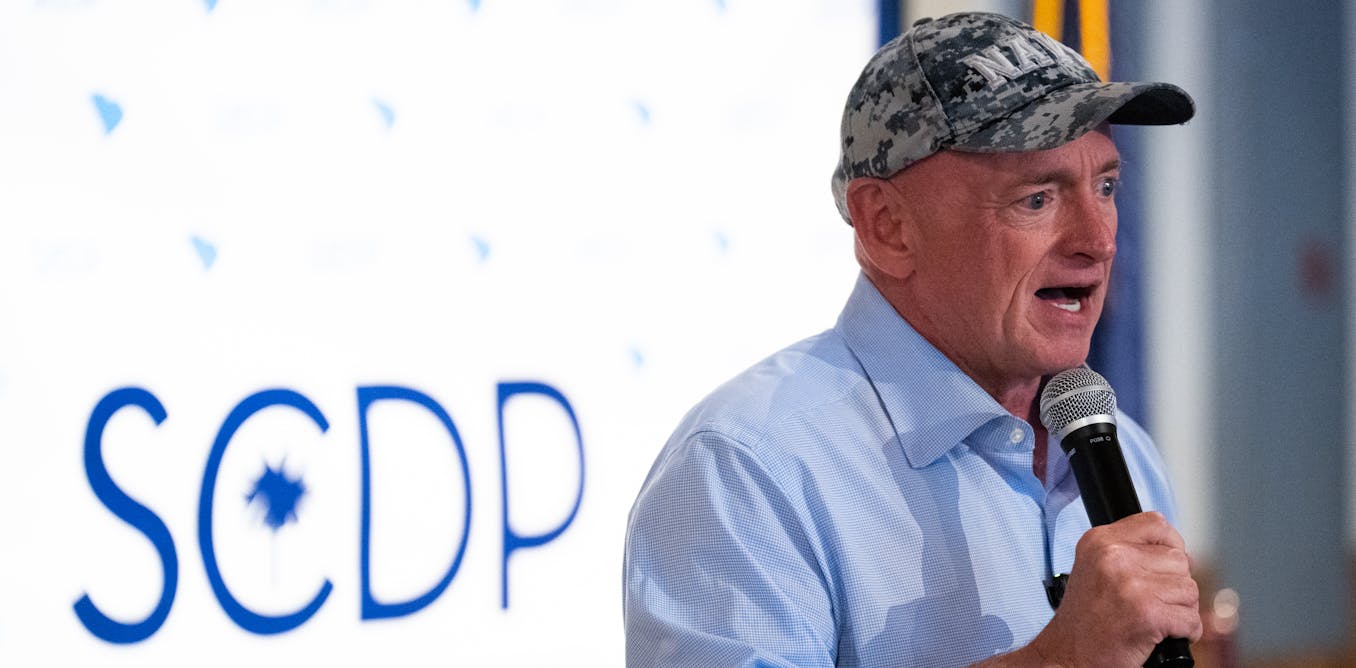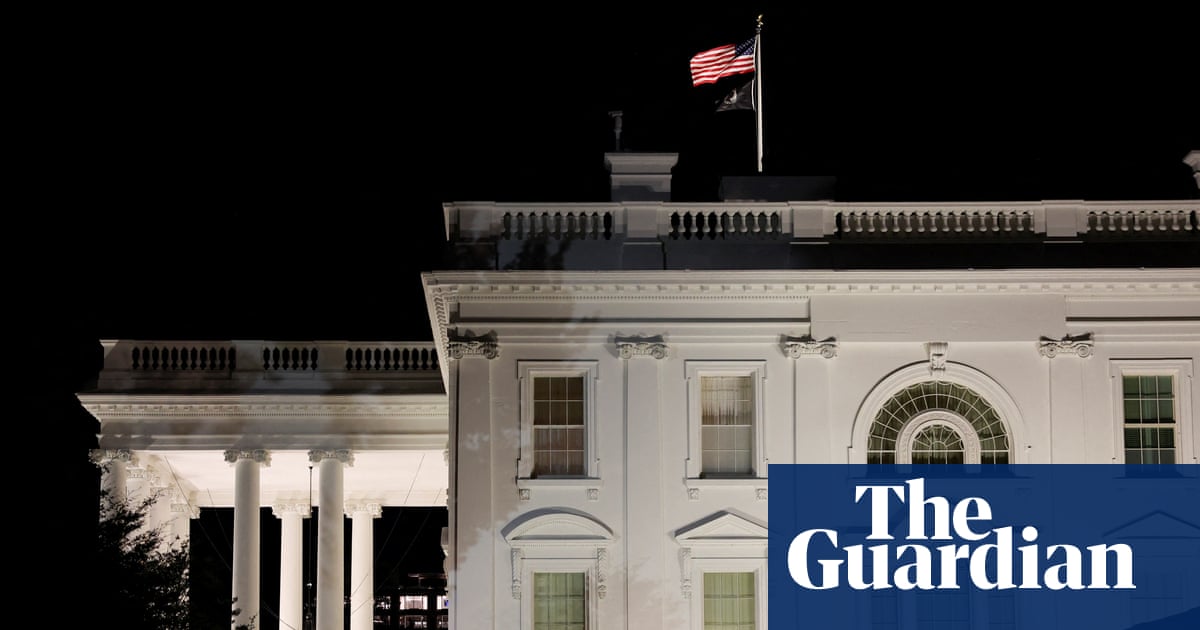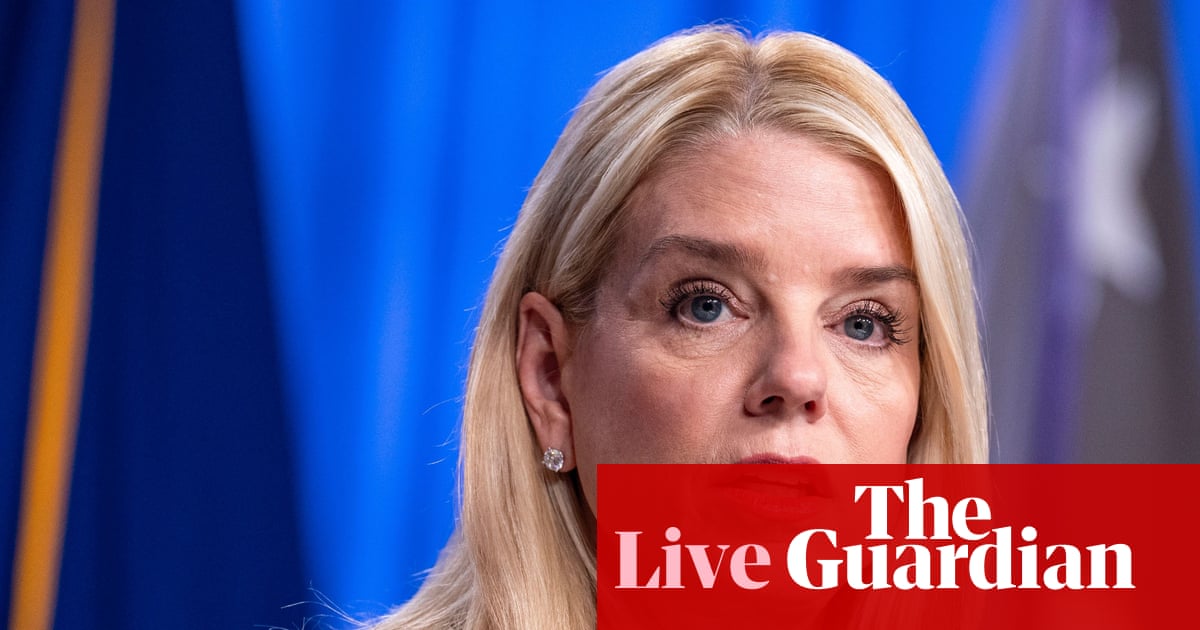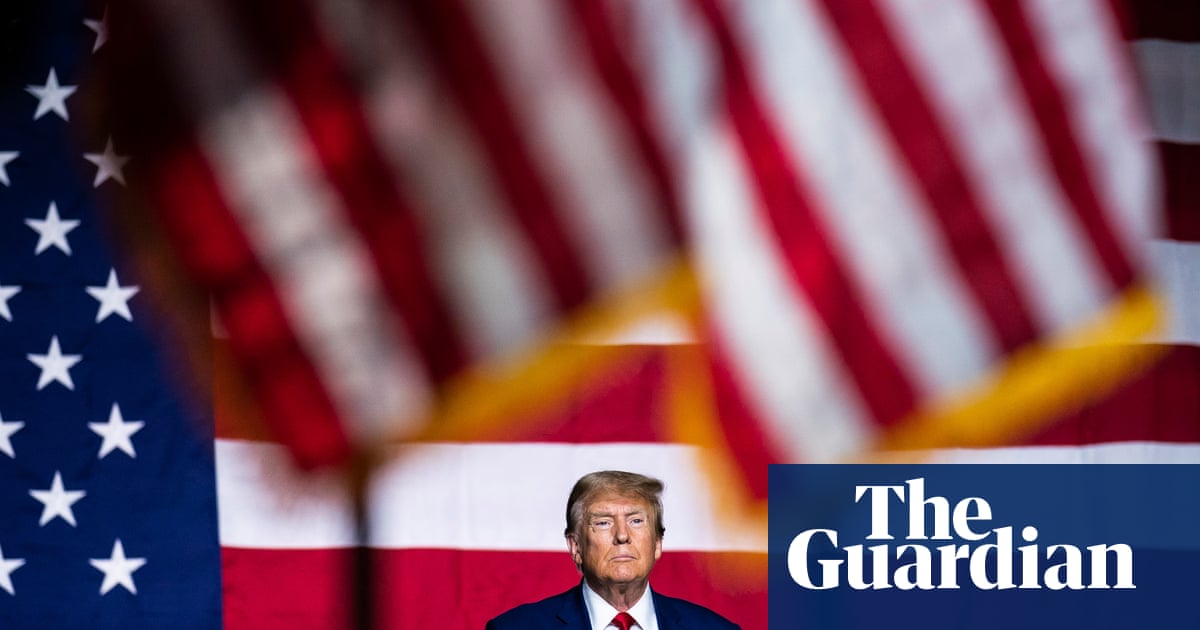By David Lawder
WASHINGTON, November 3 (Reuters) -U.S. factory equipment maker OTC Industrial Technologies has long used low-cost countries to supply components - first China and later India - but President Donald Trump's blitz of tariffs on numerous trade partners has upended the supply chain math for CEO Bill Canady.
"We moved things out of China and went to some of those other countries, and now the tariffs on those are as bad or worse," Canady told Reuters. "We just have to hang on and navigate our way through this so we don't all go broke in the short run."
It is a dilemma that is sinking in with companies, foreign trade ministries, trade lawyers and economists as the U.S. Supreme Court considers the legality of Trump's global tariffs, with arguments set for Wednesday. Under one legal authority or another, Trump's tariffs are expected to stay in place long term.
LOWER COURTS RULE AGAINST TRUMP
The court, whose 6-3 conservative majority has backed Trump in a series of major decisions this year, is hearing his administration's appeal after lower courts ruled that the Republican president overstepped his authority in imposing sweeping tariffs under a federal law meant for emergencies.
A ruling striking down Trump's use of the 1977 International Emergency Economic Powers Act, or IEEPA, to quickly impose broad global tariffs also would eliminate a favorite cudgel to punish countries that draw his ire on non-trade political matters. These have ranged from Brazil's prosecution of former president Jair Bolsonaro to India's purchases of Russian oil that help fund Russia's war in Ukraine.
"For decades, our country has been looted, pillaged, raped and plundered by nations near and far, both friend and foe alike," Trump said in announcing sweeping reciprocal tariffs in April under this law.
"Reciprocal - that means they do to us and we do it to them," Trump added.
Trump is the first president to invoke this statute - which often has been used to apply punitive economic sanctions to adversaries - to impose tariffs. The law provides a president broad authority to regulate a variety of economic transactions when a national emergency is declared. In this case, Trump deemed a $1.2 trillion U.S. goods trade deficit in 2024 a national emergency - even though the United States has run trade deficits every year since 1975 - and also cited overdoses of the often-abused painkiller fentanyl.
U.S. Treasury Secretary Scott Bessent said he expects the Supreme Court to uphold the IEEPA-based tariffs. But if it strikes down the tariffs, Bessent said in an interview, the administration will simply switch to other tariff authorities, including Section 122 of the Trade Act of 1974, which allows broad 15% tariffs for 150 days to calm trade imbalances.

 German (DE)
German (DE)  English (US)
English (US)  Spanish (ES)
Spanish (ES)  French (FR)
French (FR)  Hindi (IN)
Hindi (IN)  Italian (IT)
Italian (IT)  Russian (RU)
Russian (RU) 























Comments